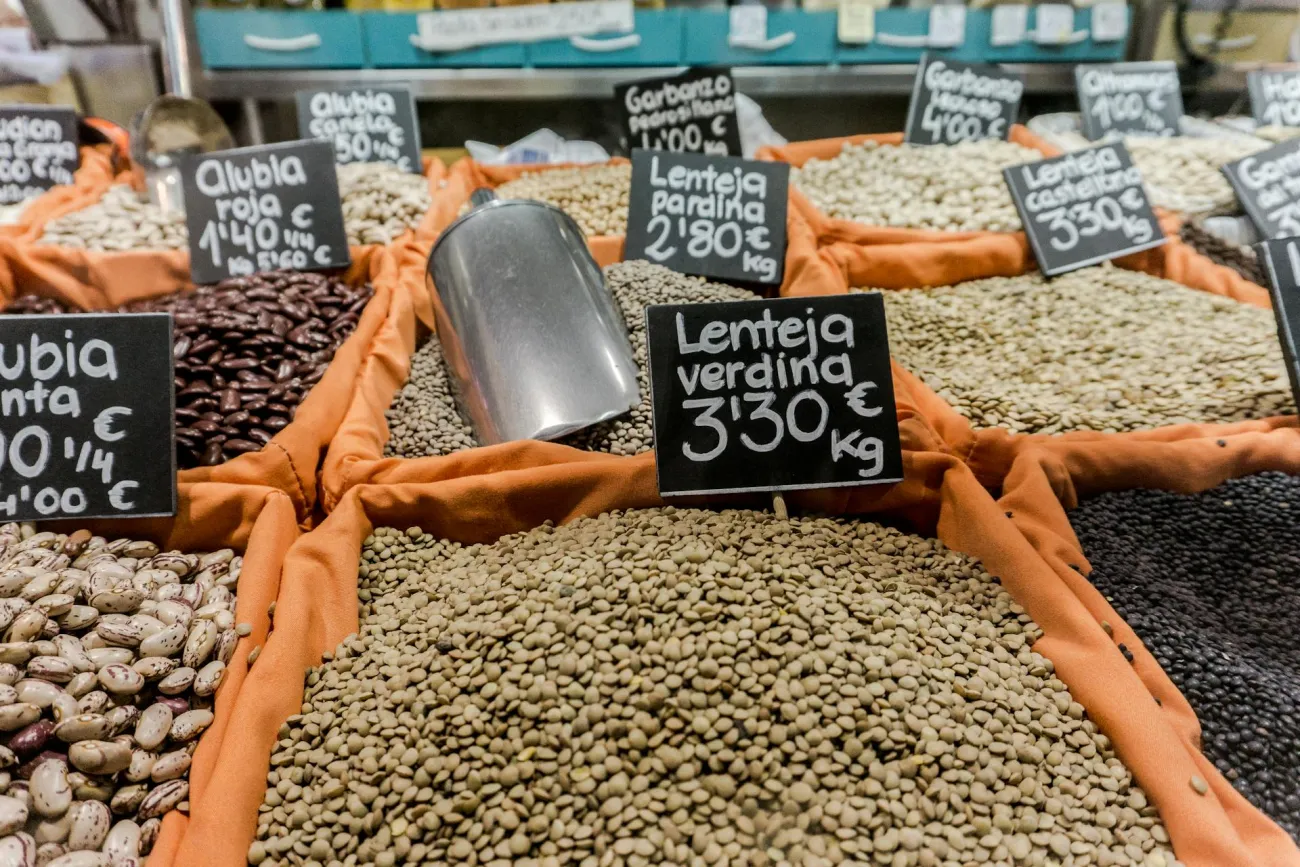FCRN member Bálint Balázs of the Environmental Social Science Research Group, Budapest, Hungary has co-authored this paper, which argues that Eastern European food practices have been overlooked or their importance downgraded in much of the contemporary academic literature. The paper uses three examples to illustrate how evidence from Eastern Europe is often represented by deploying the terminology and concepts developed in West European food scholarship.

The authors argue that, within the social sciences, West Europe and North America are seen as the source of “universally valid knowledge claims”, while Eastern Europe is “expected to be a mere recipient and testing ground for concepts and research agendas developed in the West”. However, they argue, Eastern European food practices have the potential to inspire global food policy.
The three case studies discussed in the paper are:
- The symbiosis of small and large-scale farms. In Western food scholarship, conventional large-scale farms and alternative small-scale farms are seen as two very different systems. In the former Soviet Union, however, highly productive household plots often coexisted with large state or collective farms where the holders of the household plots had official employment. The household plots accounted for less than 1% of the total agricultural land in Russia and yet produced 20-25% of the agricultural output in most countries of the former Soviet Union. Household plots have persisted to some extent past the Soviet era.
- Informal food cultures: self-provisioning and sharing. Large proportions of people in the Czech Republic, Hungary and Poland grow food in their households. While community gardening schemes in Western contexts are often associated with “younger, educated, upwardly mobile and middle-class people”, Eastern European informal food provisioning has been seen by Western researchers as a survival strategy for the less well-off - and thus as uninspiring.
- Foraging cultures: the role of wild products. Western food scholarship generally sees foraging of wild products as a marginal practice, says the paper, despite some indications that people in East and North Europe often forage a wide variety of species.
Abstract
Drawing on our long-term research experiences, in this deliberately provocative but also reflexive paper we argue that international food and agriculture studies constitute a research area that would particularly benefit from insights obtained from research conducted in the world's peripheries—in this case, specifically from insights on East European food systems. Instead of seeing them as textbook case studies of undeveloped, traditional and hence uninspiring systems, we propose to study them from the East European perspective. This enables us to move away from a unidirectional development path and to acknowledge the diversity, resilience and unintended but real sustainability of the melange of East European formal and informal food systems. Such endeavour reveals food practices that cannot easily be reduced to ‘food chains’, ‘food initiatives’ or diets. It recognises meanings that go beyond the conventional food system terminology and are rooted in surrounding contexts. Evidence from Eastern Europe reveals a rich diversity of food practices challenging normative assumptions and neatly structured explanatory models underlying Western food system scholarship.
Reference
Jehlička, P., Grīviņš, M., Visser, O. and Balázs, B., 2020. Thinking food like an East European: A critical reflection on the framing of food systems. Journal of Rural Studies, 76, pp.286-295.
Read more here. See also the Foodsource resource What about the relationship between food, culture, ethics and social norms? and the FCRN blog post Supporting more East-West knowledge exchange and partnership.




Comments (0)